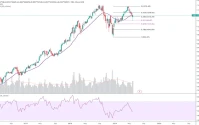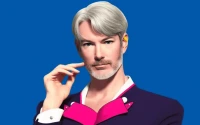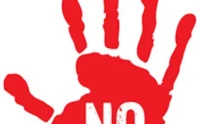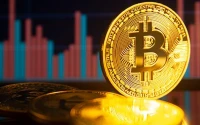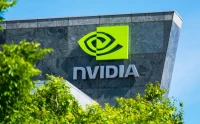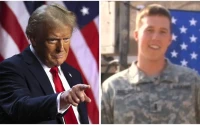Czech Central Bank Dives into Bitcoin: Are They Seeing Something We're Missing?
The Czech National Bank (CNB) just made a move that has me practically buzzing: they're putting a million dollars into Bitcoin and some dollar-backed stablecoins. I mean, wow. This isn't some tech startup dipping its toes in the water; this is a central bank—a pillar of traditional finance—saying, "Okay, crypto, let's see what you've got." The purchase, approved on October 30, 2025, will let it gain practical experience holding digital assets, according to the bank, but that the cryptocurrency will be held apart from the country’s international reserves. Czech central bank buys $1 million in Bitcoin and other cryptocurrencies
Why is this such a big deal? Because it's a signal. It's a sign that even the most cautious institutions are starting to recognize that digital assets aren't going away. They’re evolving, maturing, and becoming an unavoidable part of the global financial landscape. And, frankly, it's about time! We've seen nations like El Salvador and Bhutan embrace crypto, but this feels different. This is a calculated, experimental move by a European central bank.
A Glimpse into the Future of Finance
The CNB isn't just throwing money at Bitcoin blindly. They're doing it to learn. CNB Governor Aleš Michl said the aim was "to test decentralised Bitcoin from the central bank’s perspective and to evaluate its potential role in diversifying our reserves." They want to understand how it works, what the risks are, and how it might fit into their broader financial strategy.
Think about it. Central banks are the gatekeepers of our financial system. They control interest rates, manage currencies, and oversee the flow of money. For them to even consider Bitcoin as a potential tool is a paradigm shift. It's like Gutenberg deciding to experiment with movable type—a seemingly small decision that could revolutionize everything.
Michl's comments about the future of payments are particularly exciting. "Let’s be more forward-thinking, more visionary," he urged. "It is realistic to expect that, in the future, it will be easy to use the koruna to buy tokenised Czech bonds and more besides – with one tap an espresso; with another an investment such as a bond or another asset that used to be the preserve of larger investors.” Imagine a world where investing is as easy as buying a cup of coffee. Where financial markets are open to everyone, not just the wealthy elite. That's the potential here, and it’s absolutely thrilling.
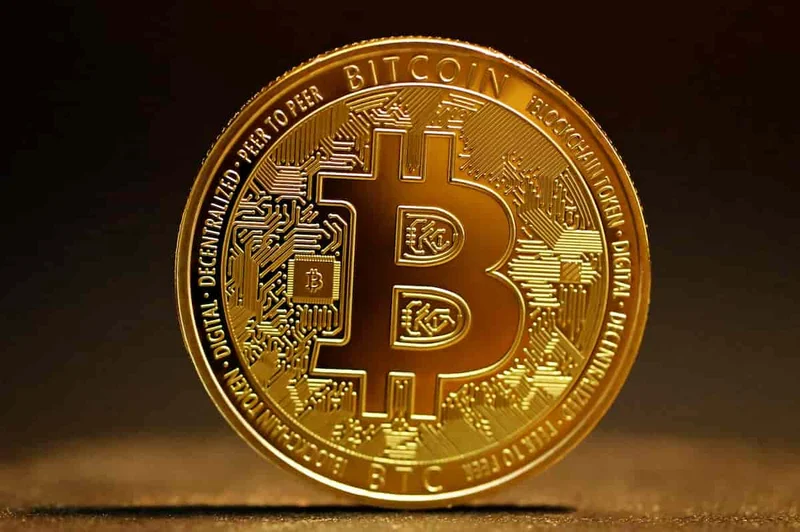
Of course, there are risks. Bitcoin is volatile. It reached an all-time high of around $125,000 last month but has since dipped about 19% to around $101,000. And there are legitimate concerns about regulation, security, and environmental impact. But these are challenges to be solved, not reasons to bury our heads in the sand.
The CNB said the amount it invested in digital assets will not increase and that they will present an assessment of the project to the public in about two or three years. I hope that they remain committed to the space.
Now, some might say this is just a tiny investment, a symbolic gesture. But I disagree. It's a foot in the door. It's a signal to other institutions, to other countries, that crypto is worth taking seriously. It's a spark that could ignite a much larger movement.
But what about the ethical considerations? As we move towards a more decentralized financial system, we need to ensure that it's fair, transparent, and accessible to everyone. We need to protect consumers from fraud and abuse. And we need to address the environmental impact of crypto mining. These are complex challenges, but I believe we can overcome them with thoughtful regulation and responsible innovation.
When I read about the CNB's decision, I honestly just smiled. It's the kind of news that makes me feel like we're finally moving in the right direction.
What Does This Mean For Us?
The future is not something that happens to us; it's something we create. I believe that Bitcoin and other cryptocurrencies have the potential to transform our world in profound ways—to create a more inclusive, transparent, and equitable financial system. Let's embrace the future, learn from it, and work together to build a better world for all.

